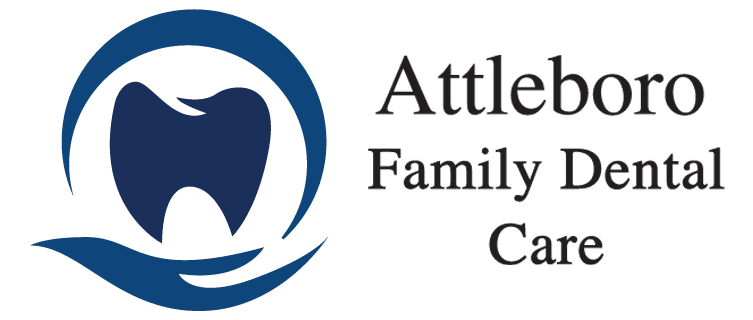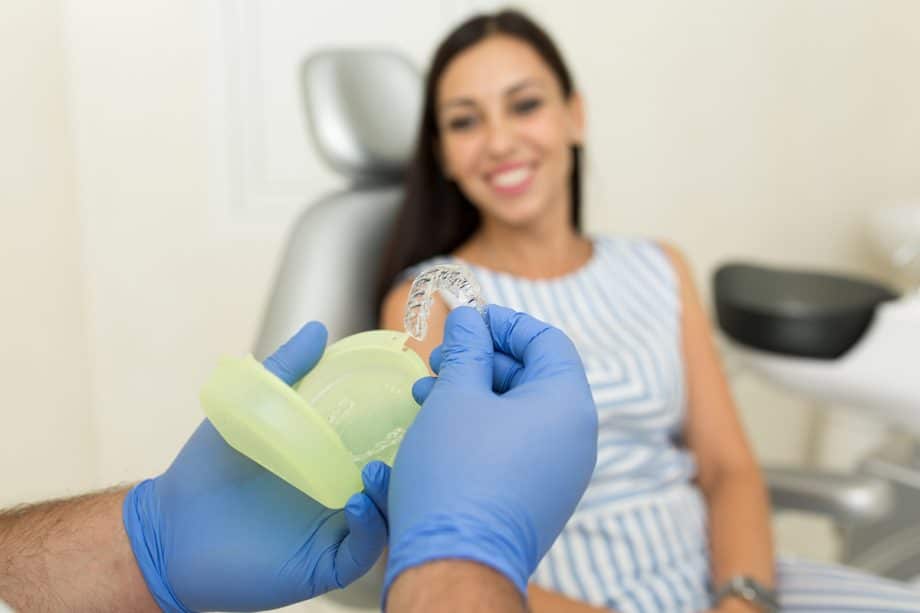Clear aligner therapy is an orthodontic treatment designed to straighten teeth and align bite patterns. It is becoming increasingly popular due to its many benefits and design improvements.
If you’re considering clear aligners, you may be wondering if this would be an effective treatment option for you. Can clear aligners fix an overbite and other common conditions? Here’s a general idea of their capabilities.
What Are Clear Aligners?
Clear aligners are clear plastic trays that make adjustments to the position of the teeth. The aligners fit snugly to the teeth and are virtually invisible. Each aligner in a series needs to be worn for about 2 weeks before switching to the next one in order. There are slight differences in the shape of each aligner that gently shift the teeth into the proper position. Once you have worn all of the aligners, your active treatment is complete.
What Orthodontic Conditions Can Clear Aligners Treat?
Clear aligners can typically correct the following common orthodontic conditions:
- Crowded teeth. When there is not enough room in the mouth for all of the teeth, they become crowded together and may even overlap somewhat. This makes it difficult to effectively clean between the teeth, increasing the risk of tooth decay.
- Gaps between teeth. Not only are gaps between teeth a cosmetic problem, they also increase the risk of tooth decay as food can easily get stuck in the spaces between the teeth.
- Crooked teeth. Teeth that are not lined up straight in the jaw are susceptible to decay and premature wear as the top and bottom teeth come together for chewing.
- Overbite. When the upper row of teeth extends too far beyond the lower row of teeth when you bite down, it is considered to be an overbite. Overbite can cause a number of dental and overall health problems from jaw strain to headaches.
- Underbite. When the upper row of teeth come down behind the lower teeth when you bite down, it is called an underbite. An underbite can cause a variety of dental and overall health problems, as well as being a cosmetic issue.
- Crossbite. In the case of a crossbite, some of the upper teeth and some of the lower teeth are either in front of or behind the other in an uneven pattern when you bite down. This can cause severe damage to the front teeth and prevent the back teeth from touching to effectively chew.
- Open bite. An open bite occurs when there is a gap between the top and bottom rows of front teeth when you bite down. Your back teeth may touch but the front teeth don’t.
Are There Any Orthodontic Problems Clear Aligners Can’t Fix?
There are some orthodontic conditions that clear aligners are not able to correct. If a tooth needs to be turned more than 20 degrees or if one or more teeth need to be moved up or down in the jaw, clear aligners may not be able to achieve these types of movements. Other orthodontic treatments, such as braces, may be required in these cases. In severe cases, jaw surgery may be the only way to correct bite misalignment.
Benefits of Clear Aligners
Clear aligners are a popular choice due to the following benefits:
- Invisible. The clear aligners are virtually invisible on your teeth. Most people will not notice that you are wearing them. You can improve your smile discreetly.
- Comfortable. The aligners are made of smooth plastic that won’t irritate the soft tissues of your mouth. They also shift the teeth gradually to minimize discomfort.
- Convenient. You can take the aligners out to eat, so there are no food restrictions. You can also remove them when you brush and floss your teeth, meaning there are no special tools or techniques required to clean your teeth.
Are Clear Aligners Right For You?
If you are in need of orthodontic treatment for dental or cosmetic purposes, clear aligners may be the right option for you. A brief evaluation can determine whether or not clear aligners would be an effective treatment for your specific needs. Attleboro Family Dental Care provides clear aligner therapy in our office for the convenience and benefit of our patients.
To learn more, call 508-222-2510 or contact us today to schedule an appointment.

